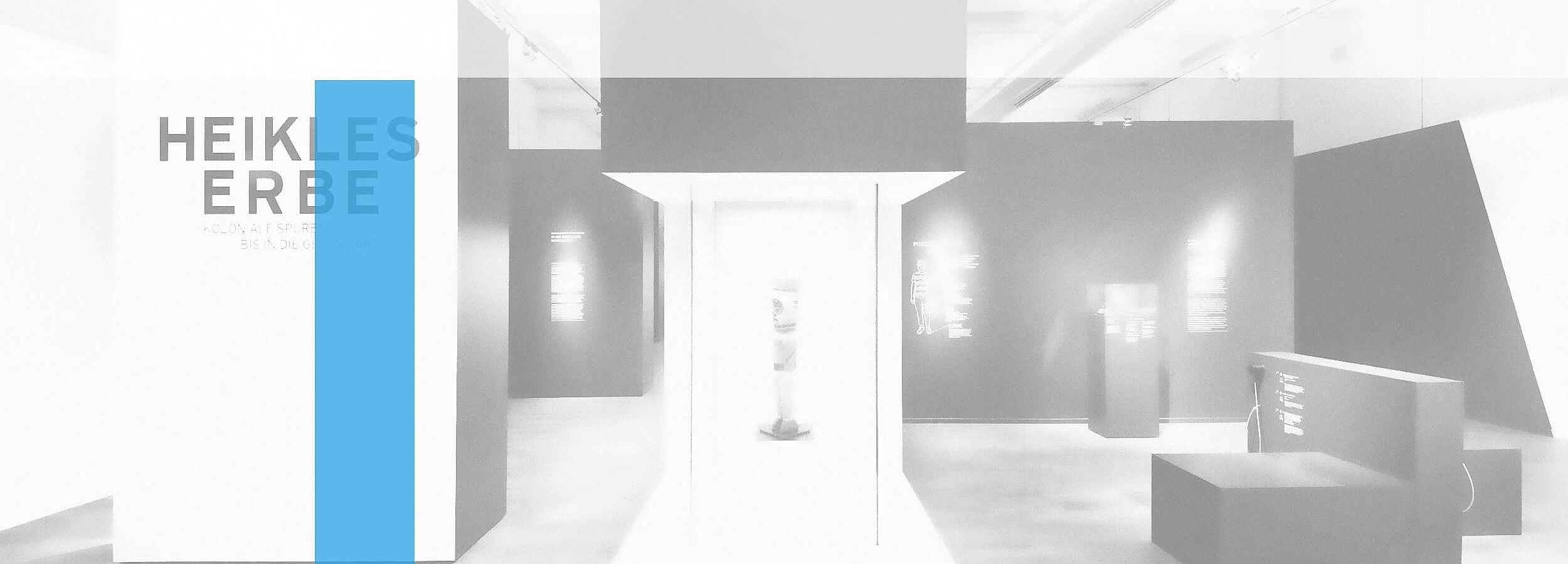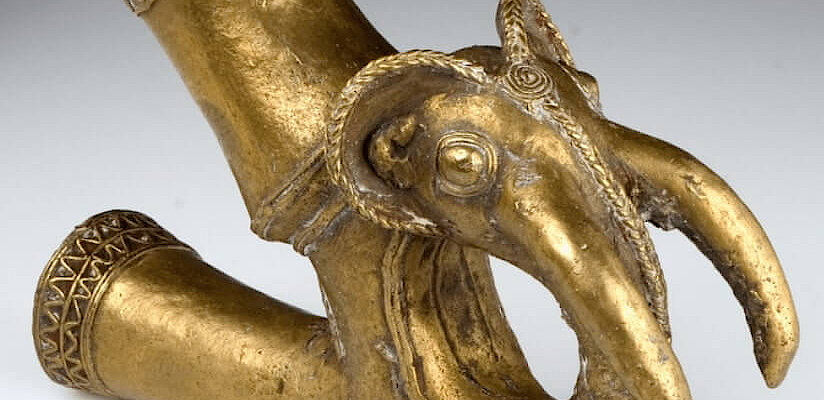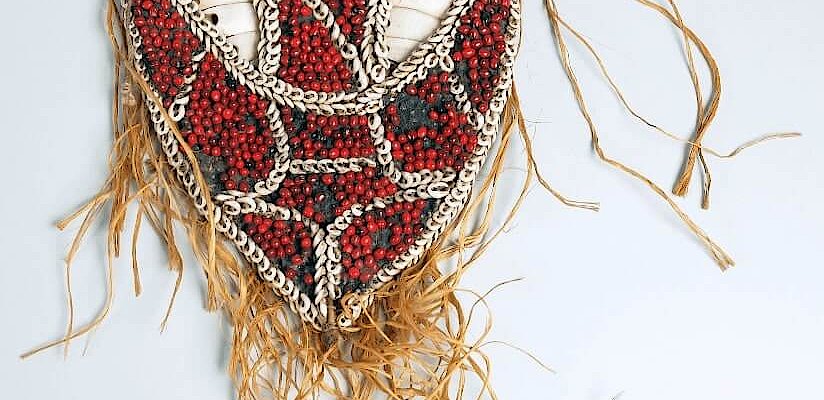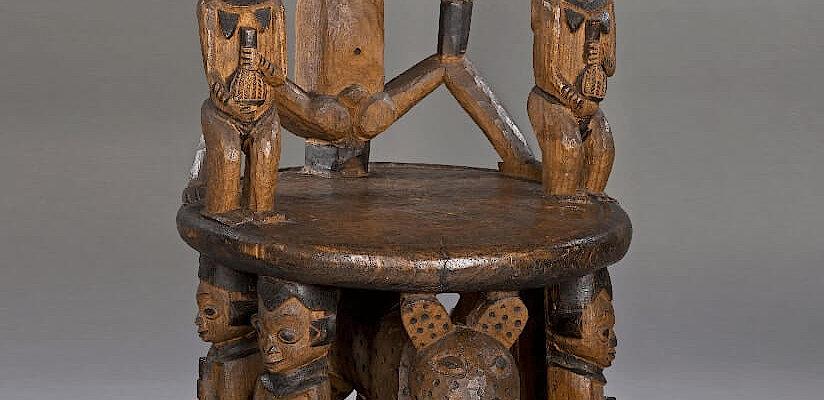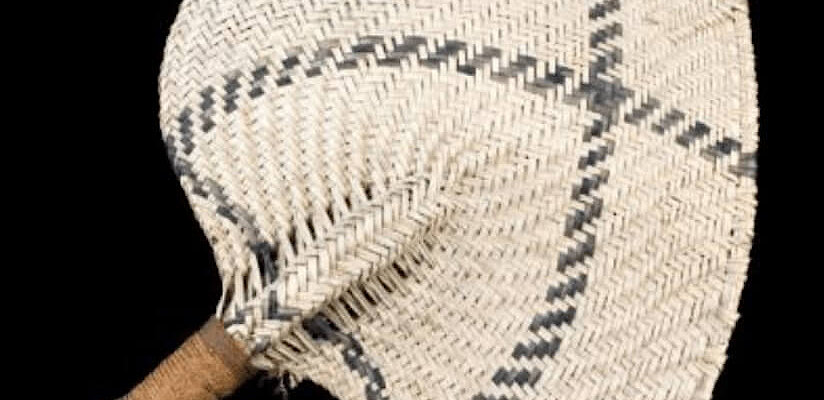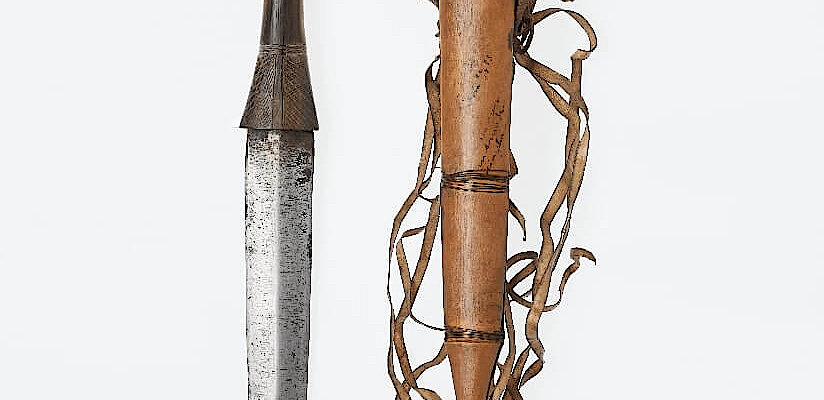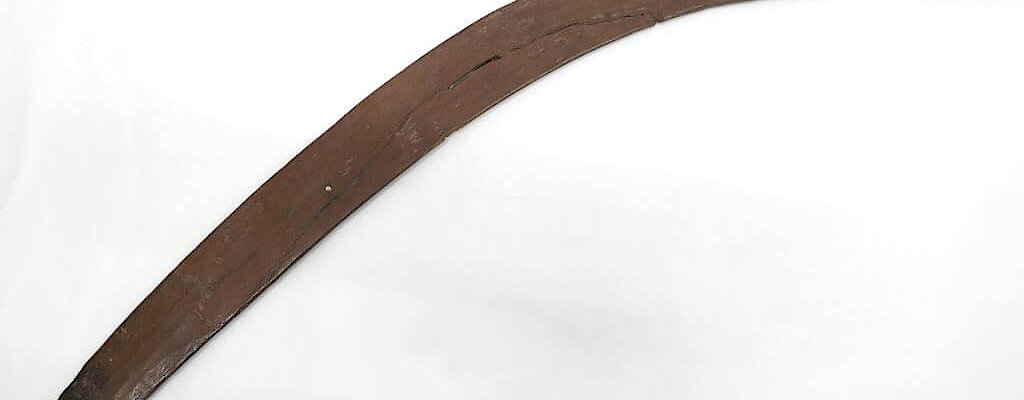The objectives of the PAESE project were
- basic research on the ways in which ethnological or ethnographic collections in Lower Saxony were acquired, as well as research on related issues in the participating institutions,
- networking and cooperation with representatives of the respective societies of origin,
- the establishment of networks regarding provenance research on collections from colonial contexts. These networks are to include not only research conducted in Lower Saxony but also comparable projects in the German-speaking and other European countries,
- Transparency and initiation of a dialogue about the origin of the objects and their future handling, based on accessibility of the collections under research to all interested parties.
The project was funded by the Volkswagen Foundation from 2018 to 2022. Since then, the digital infrastructure has been continued by the Network for Provenance Research in Lower Saxony.

